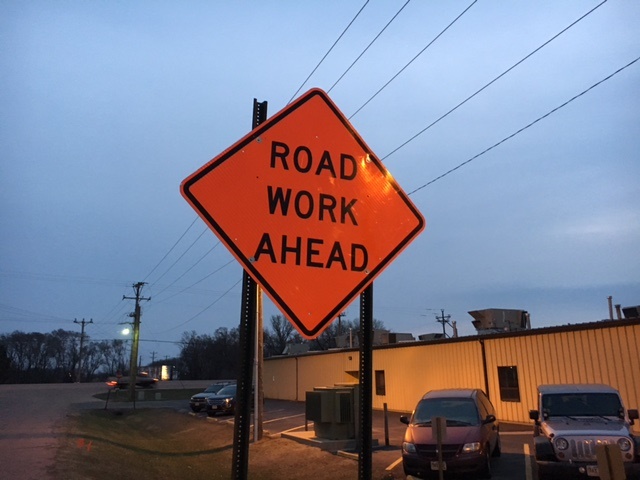Weather is one of the most influential factors in the realm of road construction projects. Its capricious nature can significantly alter project timelines, budgets, and the overall quality of construction. From scorching heat to torrential downpours, each weather condition poses unique challenges that engineers, contractors, and project managers must navigate. In this comprehensive guide, we delve into the intricate relationship between weather conditions and road construction projects, exploring how various elements of nature can either facilitate or hinder progress. If you are interested in learning more about how weather conditions affect road construction projects? Check out Line Marking Pro for further info.
Understanding the Impact
1. Heatwaves and Hot Weather
During the scorching summer months, high temperatures can wreak havoc on road construction projects. Asphalt, a commonly used material in road construction, becomes more pliable in hot weather, making it challenging to work with. Moreover, excessive heat can cause asphalt to cool too quickly, leading to premature cracking and compromised structural integrity. To combat these issues, contractors may employ cooling techniques or adjust their construction schedules to work during cooler hours.
2. Rainfall and Wet Weather
Rainfall is perhaps the most notorious culprit when it comes to delaying road construction projects. Excessive rain can saturate the soil, making it unstable for construction activities. It can also wash away freshly laid asphalt or concrete, resulting in costly rework. Additionally, rainwater can seep into the underlying layers of the road, leading to erosion and pothole formation over time. To mitigate the impact of rain, contractors often utilize protective measures such as tarps, drainage systems, and specialized construction techniques.
3. Freezing Temperatures and Winter Conditions
Winter brings its own set of challenges to road construction projects, particularly in regions prone to freezing temperatures and snowfall. Cold weather can impede the curing process of concrete and asphalt, causing delays and compromising the strength of the road surface. Frost heaves, which occur when moisture in the soil freezes and expands, can also lead to uneven road surfaces and structural damage. To counteract these issues, contractors may utilize heating equipment, insulation blankets, and anti-freezing additives in their construction materials.
4. Windstorms and Extreme Weather Events
Extreme weather events, such as hurricanes, tornadoes, and windstorms, pose significant safety risks to road construction crews and infrastructure. High winds can topple equipment, scatter debris, and halt construction activities altogether. Moreover, severe weather events may cause widespread damage to existing roadways, necessitating immediate repairs and restoration efforts. In such scenarios, project managers must prioritize safety measures and coordinate closely with local authorities to ensure the well-being of workers and the timely completion of projects.

Mitigation Strategies
Despite the unpredictable nature of weather, there are several mitigation strategies that road construction stakeholders can employ to minimize the impact of adverse conditions:
- Flexible Scheduling: By adopting flexible construction schedules, contractors can capitalize on favorable weather windows while avoiding work during inclement conditions.
- Advanced Planning and Monitoring: Utilizing weather forecasting tools and monitoring systems allows project managers to anticipate weather-related challenges and adjust their plans accordingly.
- Material Selection: Opting for weather-resistant materials and innovative construction techniques can enhance the durability and longevity of roadways, even in harsh environmental conditions.
- Contingency Planning: Developing contingency plans and emergency response protocols enables construction teams to swiftly address weather-related disruptions and minimize project delays.
Conclusion
In the realm of road construction projects, weather conditions wield considerable influence over timelines, budgets, and the overall success of endeavors. From blistering heat to freezing cold, each weather element presents its own set of challenges that must be navigated with precision and foresight. By understanding the impact of weather on construction activities and implementing effective mitigation strategies, stakeholders can mitigate risks, enhance project resilience, and ultimately pave the way for safer and more resilient roadways.









